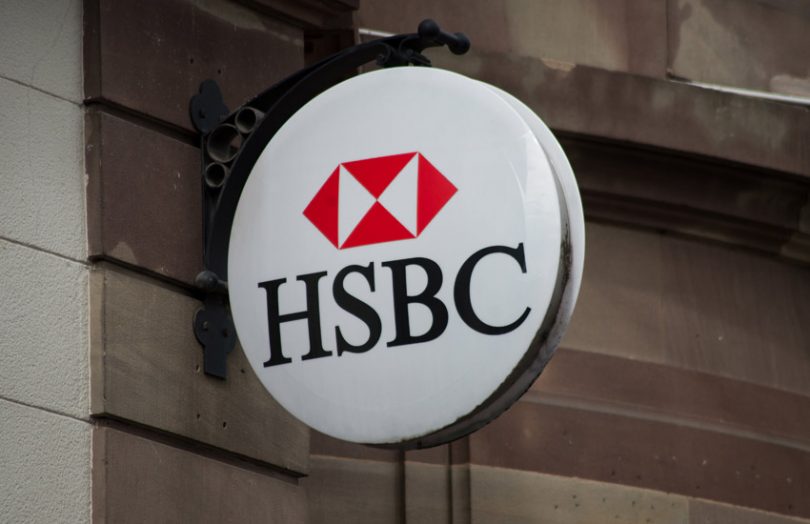Today the Banque de France announced it completed the final experiment for its wholesale central bank digital currency (CBDC) trials. The project started in March 2020 and four months later, it announced a set of eight consortia participants, one of which was HSBC. However, while the trials are complete, a reference to a ‘first tranche’ of experiments hints at further work to come.
The latest tests involved HSBC and the issuance and trading of digital bonds, which were settled instantly using CBDC, enabling delivery versus payment (DvP). Foreign currency transactions were also exchanged in real-time as payment versus payment (PvP).
A single blockchain platform or interoperability?
Given that banks already have access to central bank money in a digital form, there’s little point in having a wholesale CBDC unless it uses blockchain. An interbank CBDC’s primary purpose is to settle blockchain transactions either to exchange foreign currencies or to settle digital asset transactions, whether those assets are stocks, bonds, or something else.
One approach involves ensuring the bond or digital asset and the CBDC are on the same platform, making the exchange of currency for an asset fairly straightforward. That’s what was done in a recent trial involving the central banks of France, Switzerland and the SIX Digital Exchange (SDX). This was achieved by mirroring the digital assets from a separate network onto the SDX platform. Multiple banks, including Citibank and DekaBank, have recently suggested that a single platform is an ideal solution.
The alternative is to make the separate CBDC blockchain network and the bond network interoperable, which was the approach in this trial. Blockchains that used Hyperledger Fabric and R3’s Corda were able to transact with each other using IBM Research’s Weaver interoperability tool. IBM was HSBC’s technology partner for the trials.
“Interoperability across platforms is a key element to maximize the benefits of the distributed ledger technology applied to financial markets,” said Nathalie Aufauvre, Director General of Financial Stability and Operations at the Banque de France.”
“By achieving the transfer of data and assets, as well as the exchange of assets across different blockchains in an atomic way, the Banque de France and HSBC have demonstrated the possibility of such interoperability, essential to ensure that the multiple environments, on which the efficient functioning of markets rely, can coexist.”
In related news, earlier this week HSBC and Wells Fargo launched a separate blockchain-based network to settle interbank FX, potentially removing the need for central counterparties such as CLS.
While retail CBDCs are currently getting a lot of attention, many wholesale CBDC experiments are forging ahead. Australia recently published a report on its trials which allowed access to non-banks by using a two-tiered system with banks acting as intermediaries. Meanwhile, the UK has no plans for a wholesale CBDC, and envisages banks enabling their own solutions.






